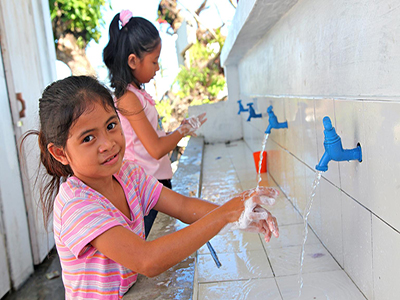Cover image: © UNICEF/UN046278/Souleiman
Emergency Preparedness is a collective responsibility we all share since it enables a more effective humanitarian response that places people affected at the centre of our work. This webinar describes the preparedness planning process and actions all UNICEF offices should undertake:
Learning objectives
At the end of this course, you will be able to:
- Define the 10-point checklist of Minimum Preparedness Actions and Standards
- Understand the Risk-Informed Programming
- Explain the Annual Preparedness & Contingency Planning
Audience
The webinar is essential to the Emergency Focal Points and is recommended to all programme and operations staff at CO, RO and HQ levels who are involved in Emergency Preparedness and Response. The webinar is also an opportunity for all staff members to get familiar with UNICEF mandatory requirements on emergency preparedness.
Length
It should take you about 1hr to get familiar with the Emergency Preparedness Strategy.
Methodology
This learning package is composed of a PowerPoint presentation and a recorded Webinar, including some wrapping questions at the end.
Structure
This training is composed of six sections:
- Preparedness within Risk-Informed Programming
- Adapting Preparedness to the Context
- Annual Preparedness Planning & Contingency Planning
- Use of minimum Preparedness Standards and Actions
- UNICEF and Interagency Approaches
- The Emergency Preparedness Platform (EPP)
Contact details
Daniella Savic - dsavic@unicef.org
Michele Messina - mmessina@unicef.org
